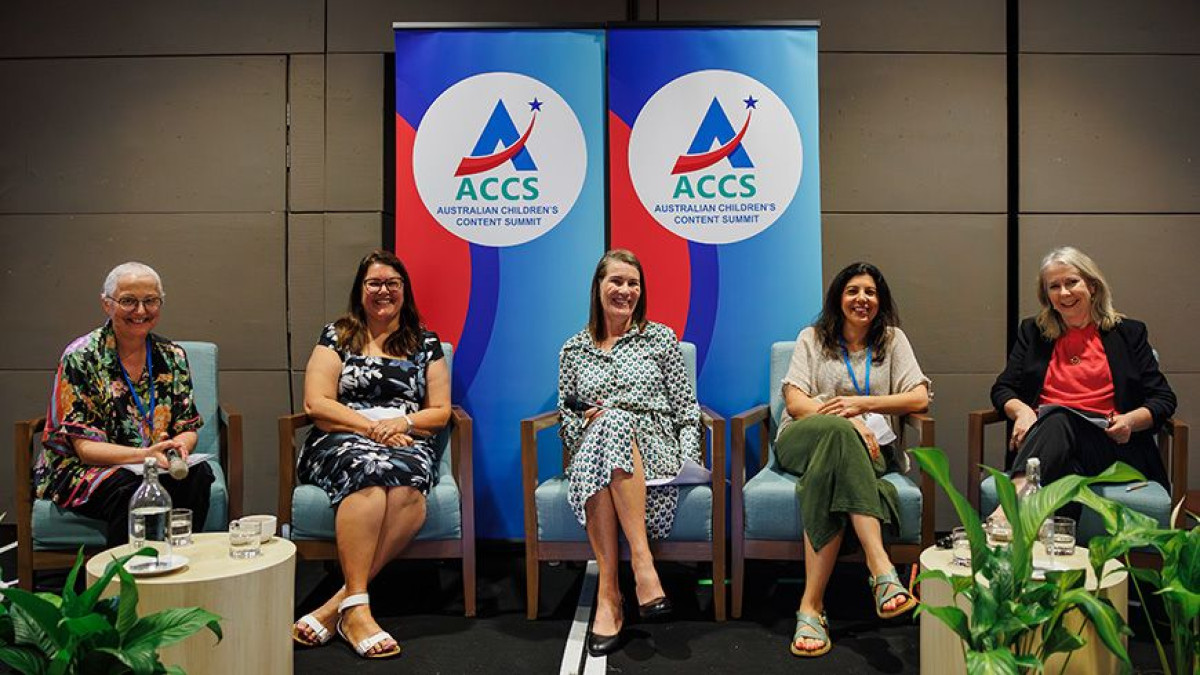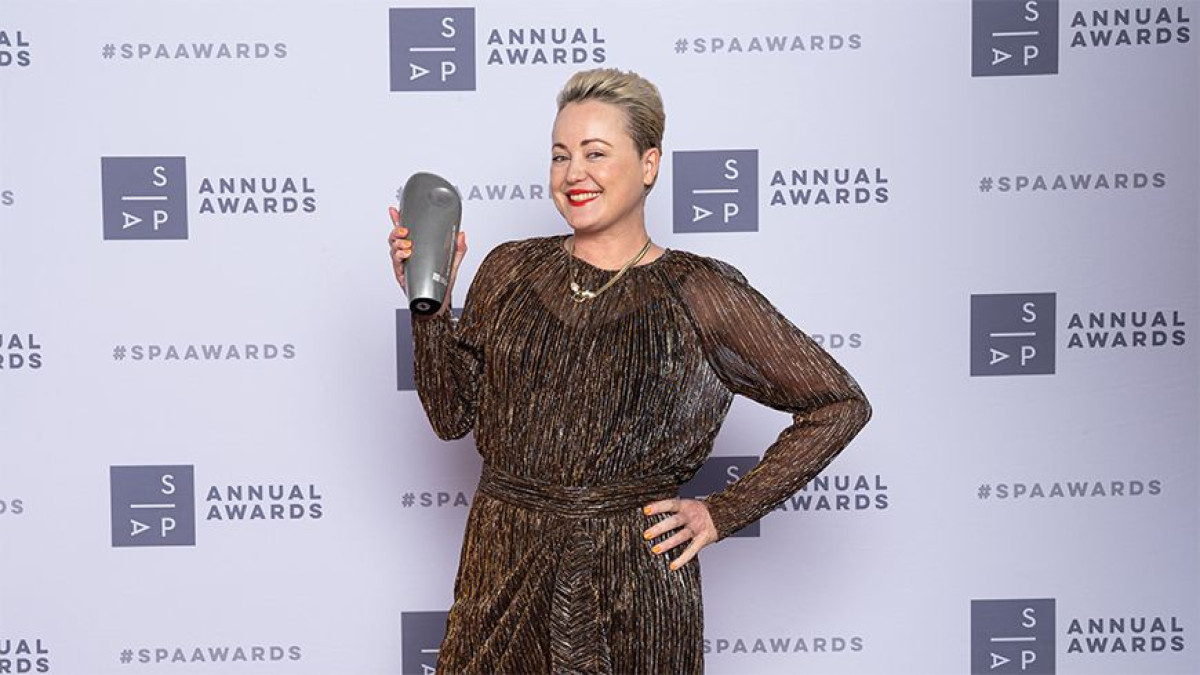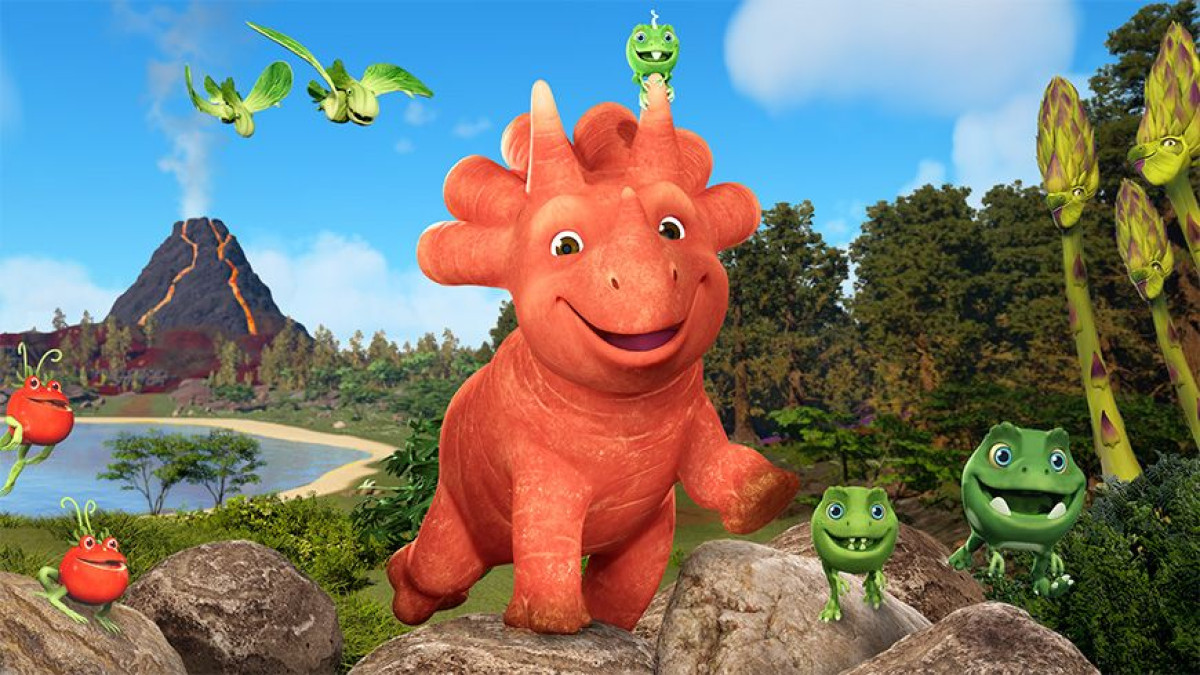ACTF News
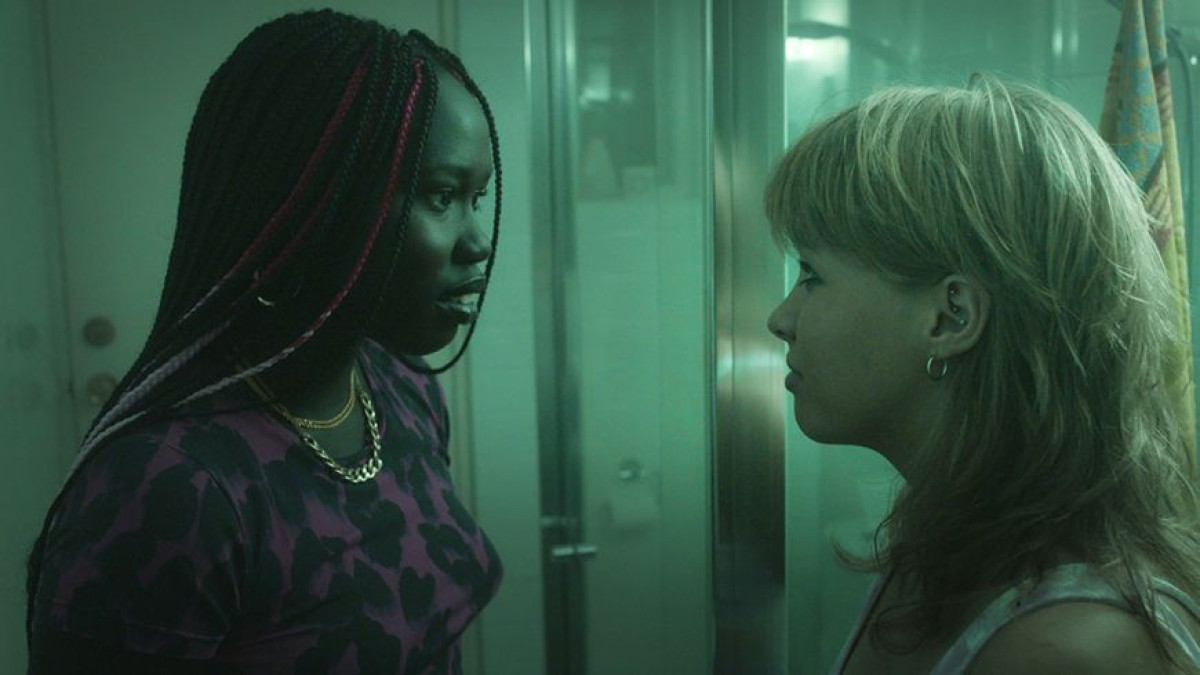
In today’s increasingly diverse and media-rich classrooms, finding effective and engaging ways to teach consent and respectful relationships is more important than ever. At the ACTF, we believe that screen texts, particularly Australian children's television, are uniquely powerful tools for supporting these vital conversations in schools.
Screen stories can help educators teach respect, communication and consent in meaningful and age-appropriate ways. Here’s why screen texts are such valuable resources and how they can help children build confidence, empathy and emotional literacy.
A true reflection of their community
One of the most compelling reasons to use screen texts in the classroom is the way they reflect the lived experiences of children. Imagine watching TV as a young person and never seeing anyone who looks, sounds or lives like you. Now, imagine the opposite, seeing your world represented authentically on screen. That recognition fosters a powerful sense of confidence, belonging and possibility.
Australian content matters because it tells our stories. It gives children the opportunity to see themselves and their communities in all their diversity, building not only self-esteem, but also empathy and curiosity about others. These are the emotional foundations for teaching consent and respectful relationships. When students see characters navigating boundaries, communication and respect, they start to better understand and articulate their own feelings, expectations and values.
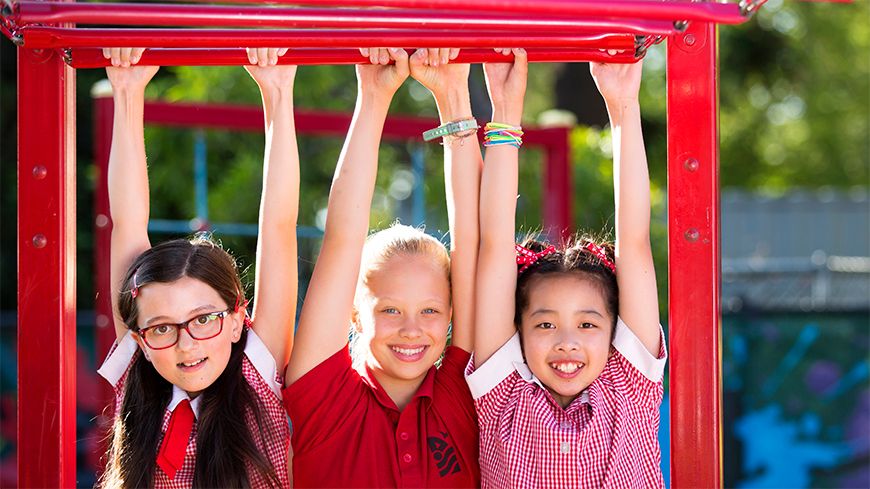
Screen stories as a gateway to difficult conversations
Teaching consent can be challenging. Students often feel uncertain or uncomfortable and some may be reluctant to participate in open discussions. One effective strategy is to use screen stories as a springboard. By analysing characters and narratives, students can engage with sensitive topics at a safe distance, observing behaviours, choices and consequences without the pressure of speaking about themselves directly.
To support these conversations in the classroom, ACTF Education has developed the Consent and Respectful Relationships: Curated Clip Collection. This resource features 15 clips from well-loved Australian children’s television series, for both primary and secondary year levels. Each clip is paired with scaffolded learning tasks based on a simple structure: Reflect, Explore, Create. This sequence guides students to unpack key concepts and apply them in practical and creative ways.
In Foundation to Year 2, for example, students explore a clip from Little Lunch in which Tamara and Melanie clash over the monkey bars. The accompanying lesson encourages students to reflect on the situation and discuss fairness, assertiveness and respectful communication. Teachers then guide students to connect these themes to their own experiences with sharing and conflict resolution. The learning extends beyond the classroom, as students role-play similar scenarios in the playground, practising how to ask for permission, give consent and use respectful language and body cues. To consolidate their learning, students create a Respectful Words and Actions Poster reinforcing positive communication in a fun and meaningful way.
For upper primary students (Years 5 - 6), the resource includes a clip from Barrumbi Kids. In this episode, Gordon is filming a virtual reality project for Aunty Ruby, with Tomias as the star. The clip highlights two contrasting moments: one where Tomias consents to being filmed and another where he is filmed singing in language without giving permission. These scenes open rich discussion about boundaries, cultural respect and the importance of personal readiness. Students also get the chance to engage with a Q&A featuring the show’s producer and writer, offering powerful insights into the storytelling process, cultural knowledge and the value of seeking and giving permission.
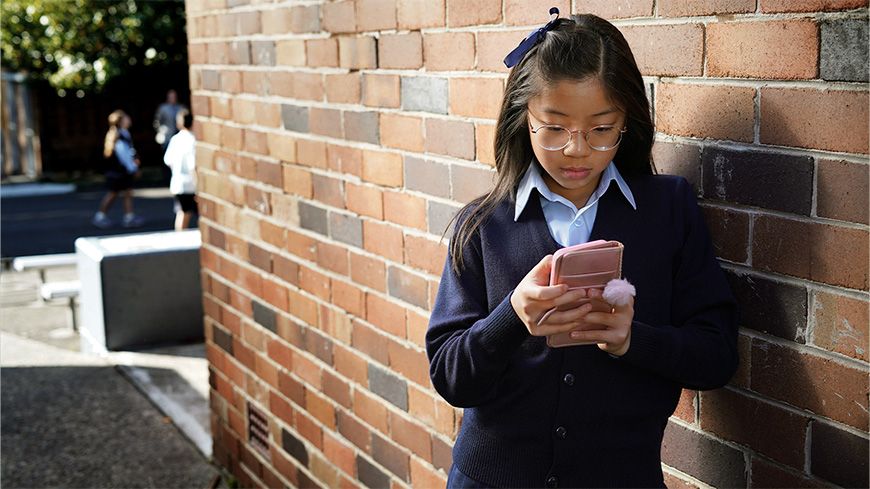
Empowering students with real-world skills
As children grow, their understanding of consent evolves. What begins with simple concepts like asking before using someone else’s belongings expands to include more complex ideas such as privacy, trust, digital safety, cultural sensitivity and sexual consent. This progression is reflected in the structure of the curated clip collection, offering age-appropriate learning opportunities at every stage.
In the early years of primary school, lessons focus on learning to ask permission and understanding the importance of sharing and respect. These foundational ideas are crucial as they set the stage for later discussions around more complex topics. As students move into the upper years of primary, the focus includes digital safety and consent in online spaces.
An example from the popular series Hardball brings these ideas to life. In one episode, Tiffany loses a handball ‘Death Rally’ to Salwa and decides to get revenge. She secretly films the school principal, Ms Crapper, dancing with a cardboard cut-out of her secret crush. Without permission, Tiffany uploads the embarrassing video from Salwa’s account, framing her and getting her banned from handball. In the classroom, this clip becomes a springboard for deeper learning. Students are encouraged to unpack the scenario: Was consent given? What are the consequences of sharing something private online? They then engage in tasks that include writing journal reflections, drafting privacy guidelines and creating a presentation to educate their peers on respectful online behaviour. These activities are designed to build digital literacy, encourage responsible online habits and help students understand the impact of their choices.
In Years 7 - 8, the focus turns to relationships, identity and emotional trust. In Dance Academy, students examine a storyline where Sammy is secretly dating Ollie. Sammy has not shared the relationship publicly, but Ollie discloses it to others without asking. The clip shows Sammy discovering the betrayal and then confronting Ollie about not being ready to go public. This moment opens vital discussions around trust, boundaries and the harm that can be caused by outing someone without their consent. Following this clip, students reflect on the importance of privacy in relationships and practise communicating with care and respect. Tasks include scripting and performing conversations that model thoughtful and supportive responses, helping students build empathy and conflict resolution skills.
In senior secondary years (Years 9 – 12), examples address more mature and emotionally layered situations. In More Than This, Charlotte confronts her ex-partner Leon in a school bathroom after discovering he cheated on her with another student, Legs. The clip captures their first real conversation about the betrayal, highlighting the emotional fallout and the absence of clear communication and consent in their past relationship. Students are invited to analyse the scene through the lens of power dynamics, respect and emotional maturity. They consider how clearer boundaries, and more open communication could have changed the outcome.
Through these varied and developmentally appropriate examples, students build real-world skills that support respectful relationships, both offline and online. By using screen content that reflects students’ lives, we can empower them to think critically, act compassionately and make informed decisions that respect their own boundaries and those of others.

Designed by Experts, Tailored by Teachers
This new resource isn’t just engaging; it’s also educator approved. Developed in consultation with respectful relationships experts from state and territory education departments and supported by ACTF’s national Education Advisory Panel, it’s been carefully crafted to meet the real needs of Australian classrooms.
Each lesson is flexible, allowing teachers to choose the clips and tasks that best suit their students. With clear guidance, context notes and inclusive practices built in, the resource supports teachers in creating a safe and open learning environment. With connections to support services included, students are reminded that help is always available.
Helping students thrive
Ultimately, screen texts do more than entertain: they help students explore complex ideas in relatable, engaging ways. When used thoughtfully, they can transform how children understand consent, respect and relationships, helping them become more empathetic, confident and aware of the people and world around them.
Whether it’s learning to share space in the playground or navigating online interactions with care, screen stories offer children the tools they need to thrive in today’s interconnected world.
Explore the full curated clip collection today: Consent and Respectful Relationships: Curated Clip Collection

